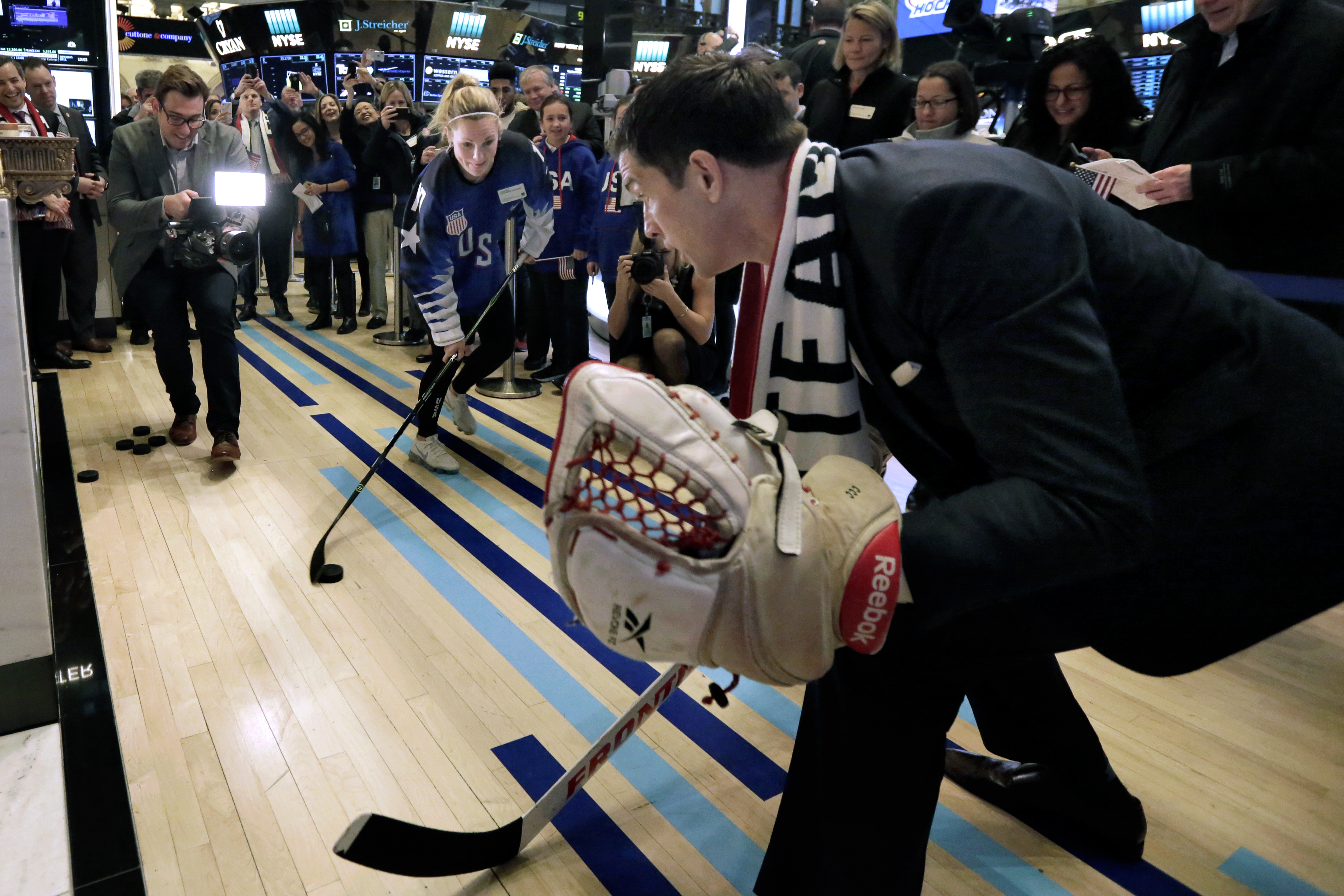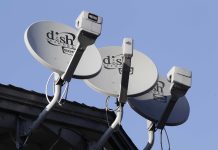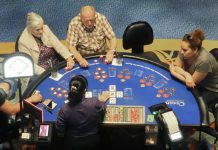
By MARLEY JAY
AP Markets Writer
NEW YORK (AP) — U.S. stocks meandered but finished mostly higher Tuesday as retailers and industrial companies rose. A jump in metals prices helped mining and materials companies. Asian markets jumped after the North Korean government said it was open to its nuclear program.
Stocks have edged higher over the last three days, but they’ve frequently bounced up and down as investors grappled with the Trump administration’s stance on trade and whether the proposed tariffs on steel and aluminum imports will push inflation higher in the U.S. and lead to retaliation by other countries that would hurt economic growth and corporate profits.
Kristina Hooper, chief global markets strategist for Invesco, said Wall Street is having trouble deciding if the tariffs are more of a bargaining chip in trade negotiations, as President Donald Trump has suggested at times in the last few days, or if they are a goal on their own.
“When it seemed as though it was just rhetoric (Monday), markets relaxed,” she said. “Today, I think concerns have grown that maybe this isn’t just a bargaining tactic.” She said Republicans in Congress don’t seem to be treating the tariffs as a bargaining move: House Speaker Paul Ryan spoke up against the proposed tariffs Tuesday and called for a “more surgical approach” that might cause less backlash.
The Standard & Poor’s 500 index rose 7.18 points, or 0.3 percent, to 2,728.12. The Dow Jones industrial average edged up 9.36 points to 24,884.12. It rose as much as 120 points early on and later fell as much as 166 points before recovering. The Nasdaq composite jumped 41.30 points, or 0.6 percent, to7,372.01. The Russell 2000 index of smaller-company stocks climbed 16.16 points, or 1 percent, to 1,562.20.
Stocks fell 3.7 percent during a three-day losing streak last week after Trump announced his tariff plans. Other countries objected and the European Union announced plans to put tariffs on some U.S.-made goods including bourbon and motorcycles. Companies that make most of their sales overseas have fared the worst while U.S.-focused companies have regained their losses from that three-day stretch.
Asian markets climbed after North Korea said it is willing to start talks with the U.S. on denuclearization. It also said it would stop nuclear and missile tests during those discussions. The Kospi in Seoul jumped 1.5 percent while Tokyo’s Nikkei 225 rose 1.8 percent. Hong Kong’s Hang Seng index climbed 2.1 percent. While retailers including Amazon, Best Buy and Lowe’s gained ground, Target lost $3.35, or 4.5 percent, to $71.79 after it reported that costs associated with overhauling its stores and investing in its website affected its earnings and forecasts for the current year.
Target also said it is raising minimum starting pay for workers for the second time in less than a year. Qualcomm fell and Broadcom rose after Bloomberg News reported that Broadcom is on track to get more leverage in its effort to buy Qualcomm, which wants Broadcom to make a richer offer. Bloomberg reported that so far, directors backed by Broadcom are on pace to win six seats on Qualcomm’s board.
Qualcomm’s current board opposes Broadcom’s $117 billion bid for the company and says the price is too low, while a board supported by Broadcom would likely accept the offer instead. Qualcomm gave up $1.87, or 2.9 percent, to $62.14 and Broadcom added $3.98, or 1.6 percent, to $250.96. Both stocks fell Monday after The Committee for Foreign Investment in the U.S. said it will look into the deal.
After an early loss, Nordstrom rose 59 cents, or 1.1 percent, to $52.49 after the department store rejected an offer from the Nordstrom family to take it private, saying the price of $50 a share was too low. The family group includes co-presidents Blake, Peter and Erik Nordstrom. They and other family members own 30 percent of Nordstrom’s stock. Metals prices ended higher, boosting mining stocks. Gold rose $15.30, or 1.2 percent, to $1,335.20 an
ounce.
Silver climbed 37 cents, or 2.3 percent, to $16.78 an ounce. Copper added 3 cents to $3.16 a
pound. Gold and copper mining company Freeport-McMoRan rose 51 cents, or 2.8 percent, to $18.70. Benchmark U.S. crude added 3 cents to $62.60 a barrel in New York. Brent crude, used to price international oils, rose 25 cents to $65.79 a barrel in London. Wholesale gasoline stayed at $1.93 a gallon. Heating oil rose 1 cent to $1.90 a gallon. Natural gas
gained 5 cents to $2.75 per 1,000 cubic feet.
Bond prices edged higher. The yield on the 10-year Treasury note fell to 2.87 percent from 2.88 percent. Germany’s DAX rose 0.2 percent and London’s FTSE 100 gained 0.4 percent. France’s CAC 40 added 0.1 percent. The dollar inched up to 106.21 yen from 106.20 yen. The euro rose to $1.2405 from $1.2327.



















